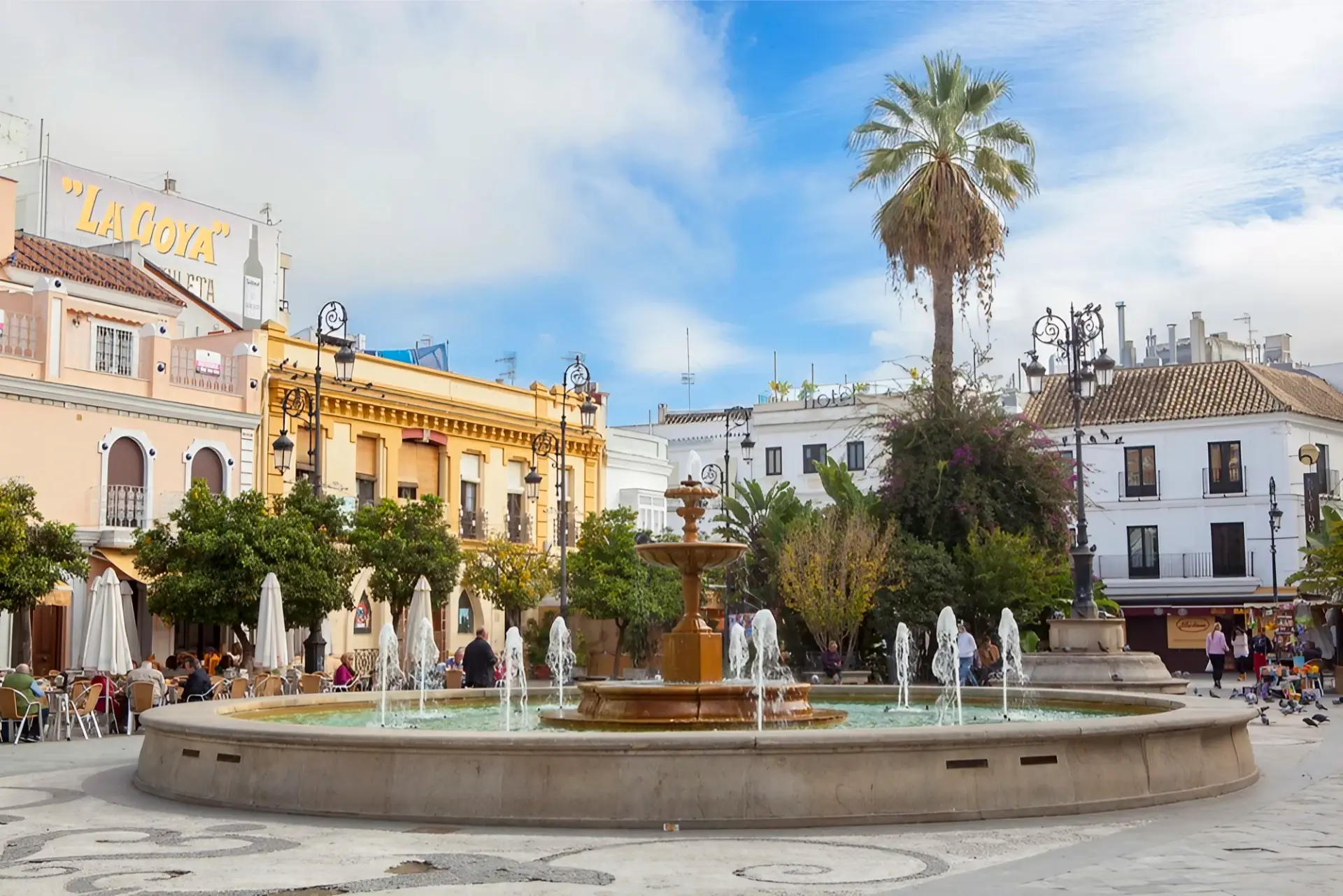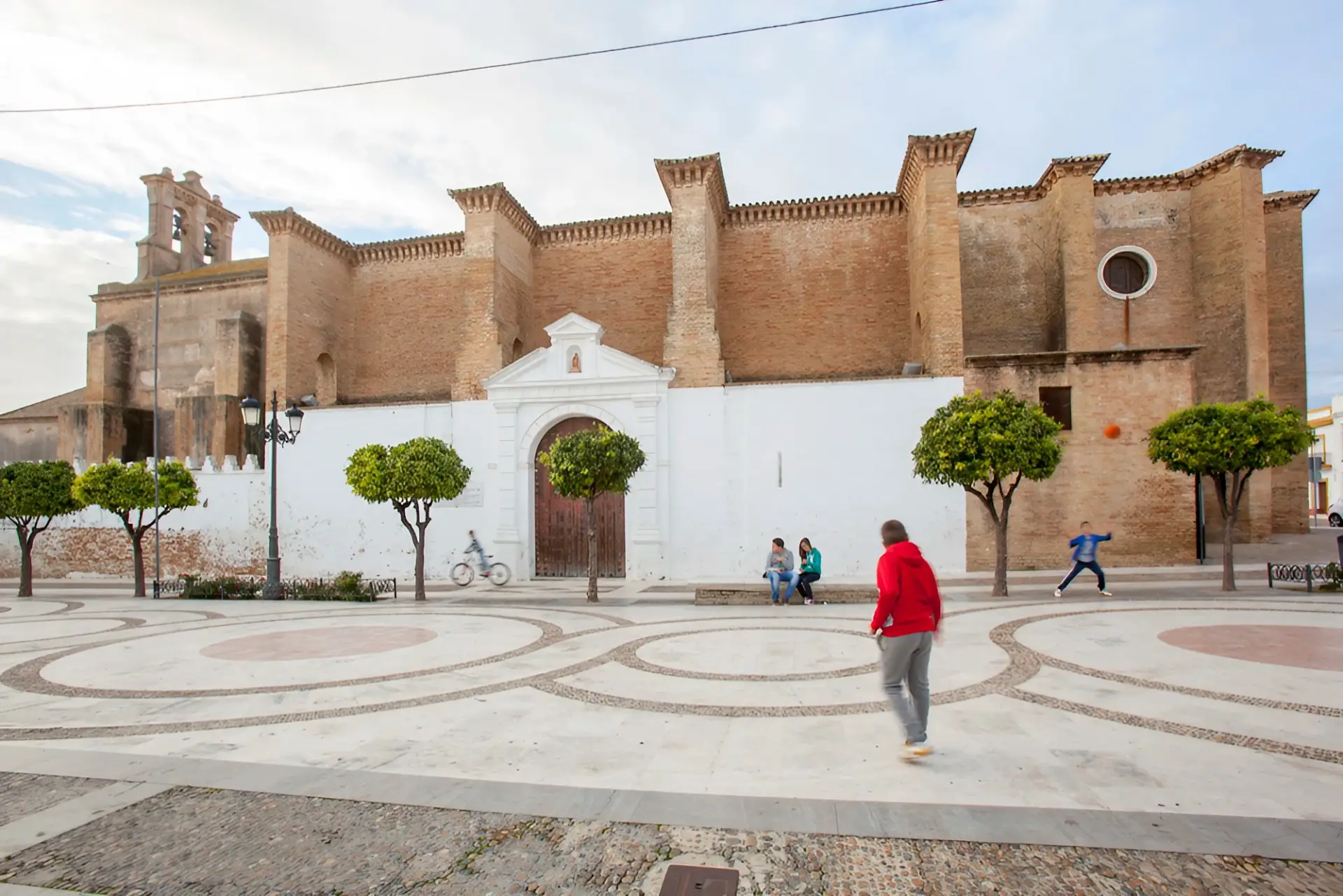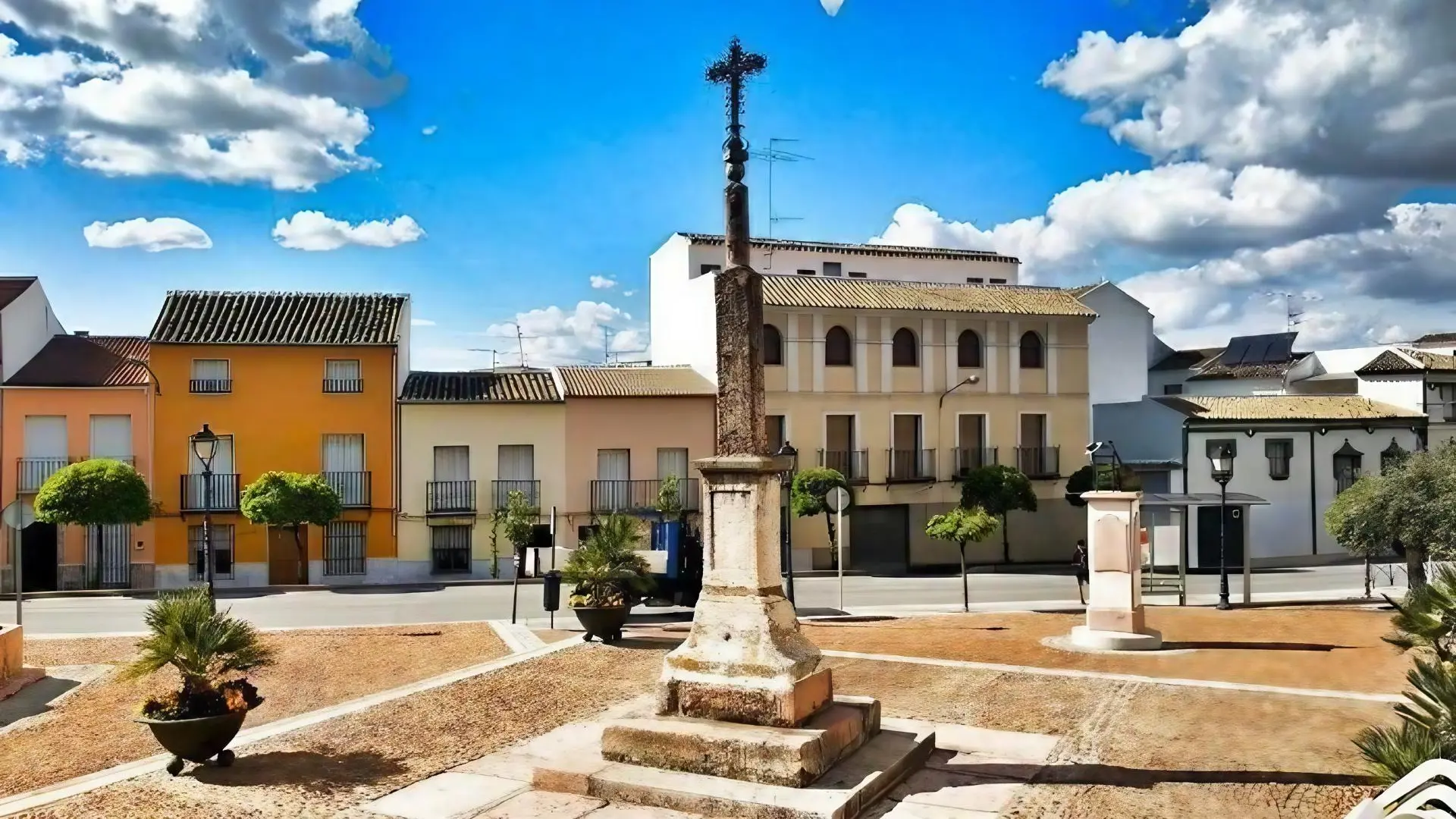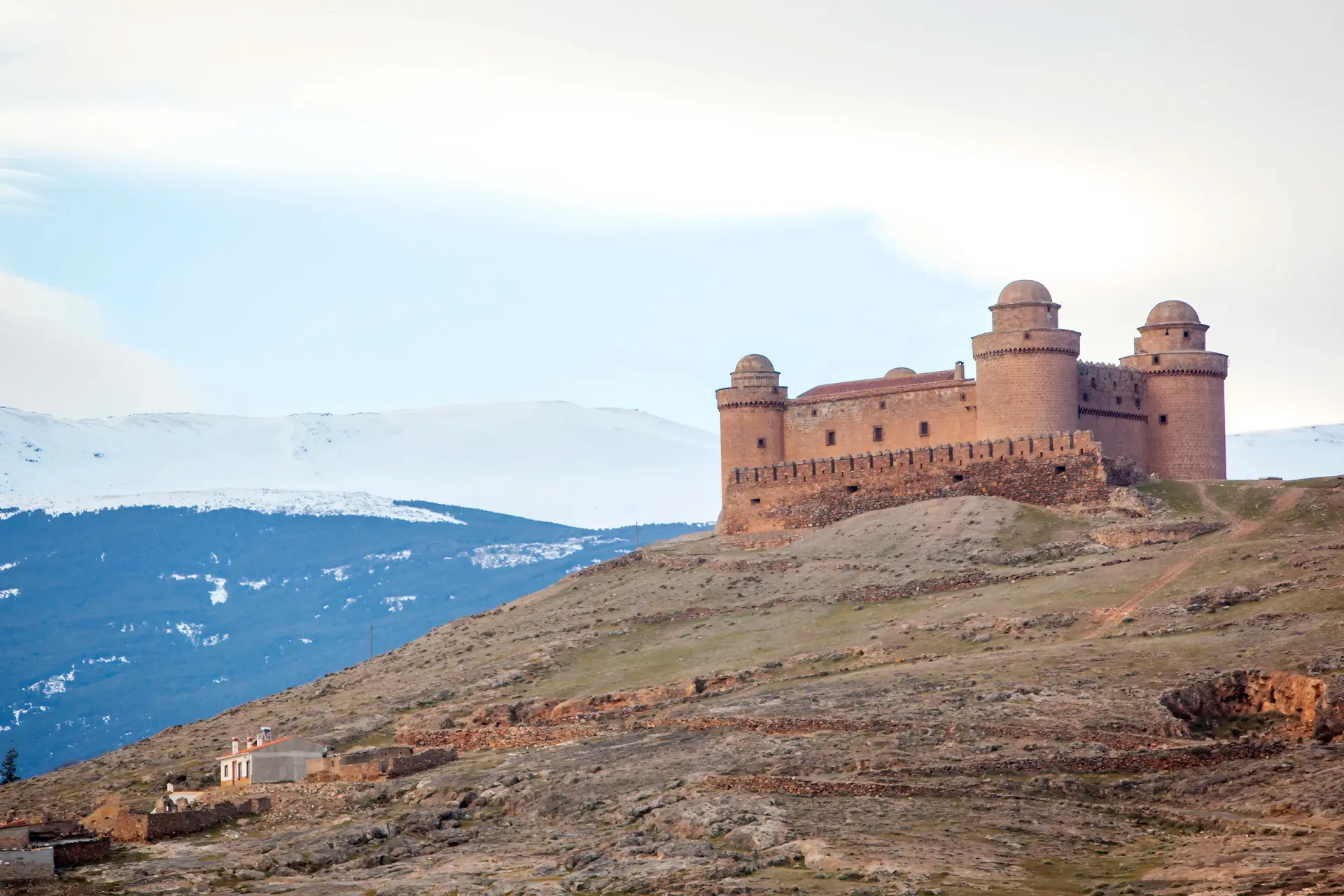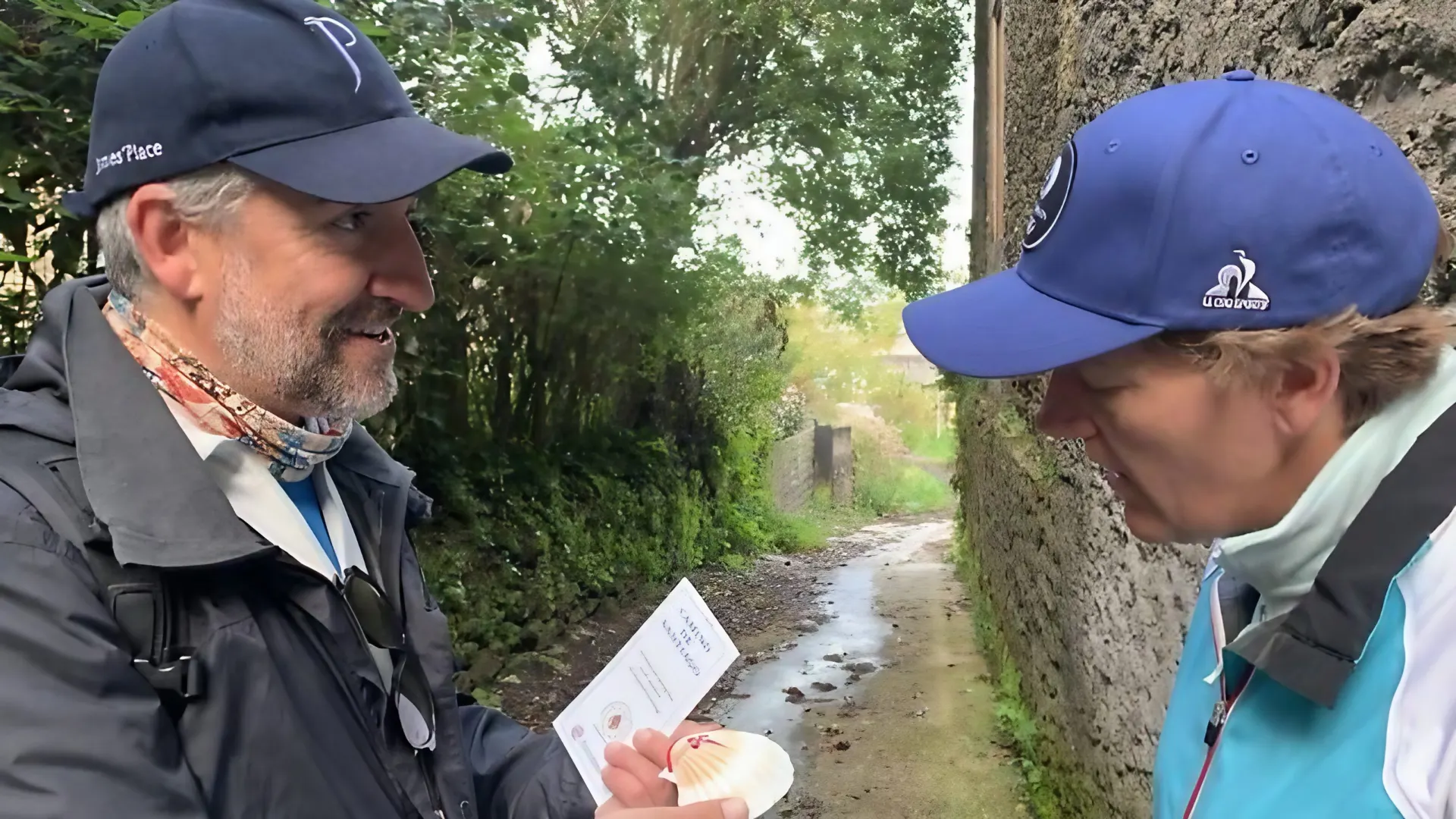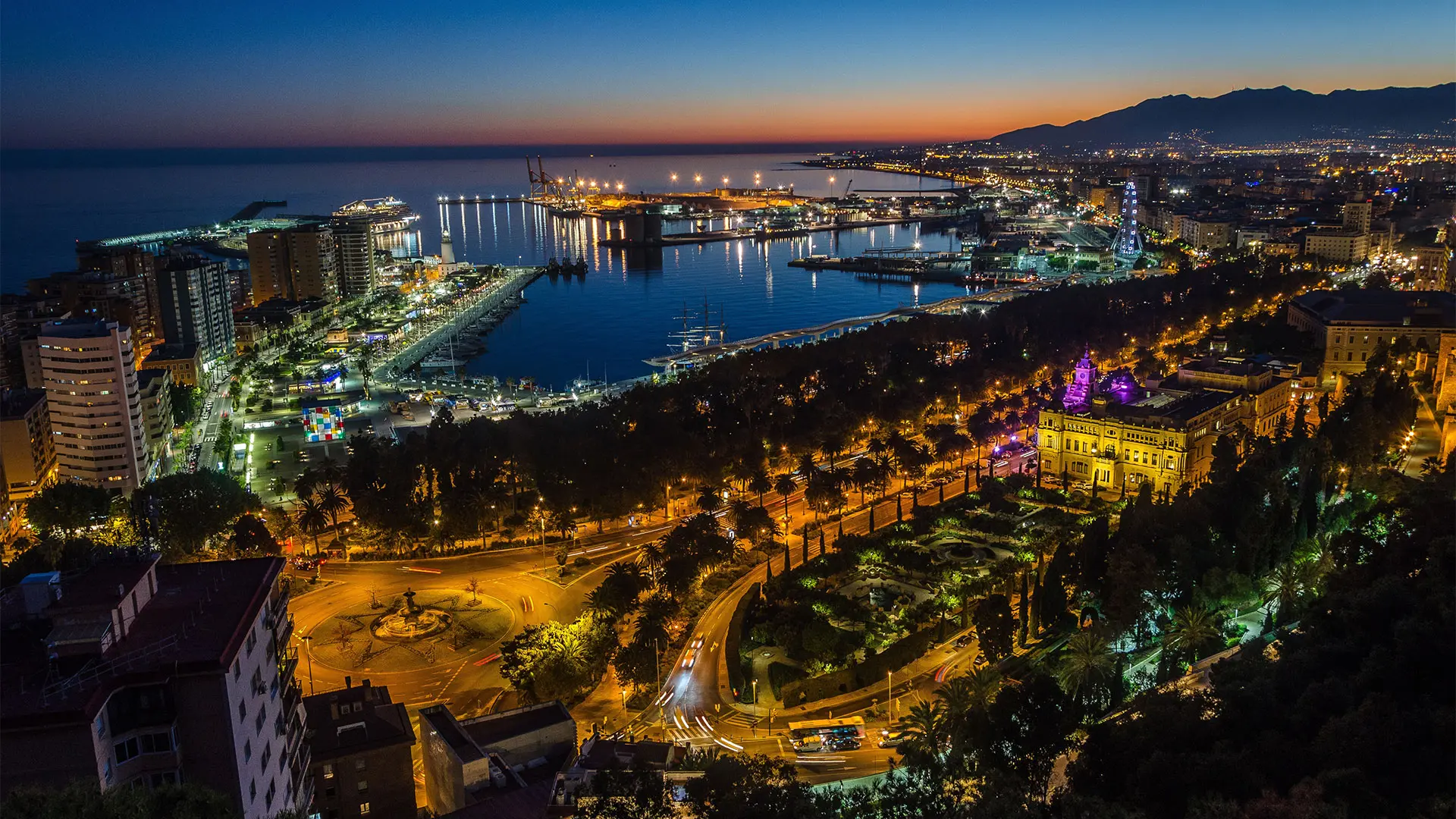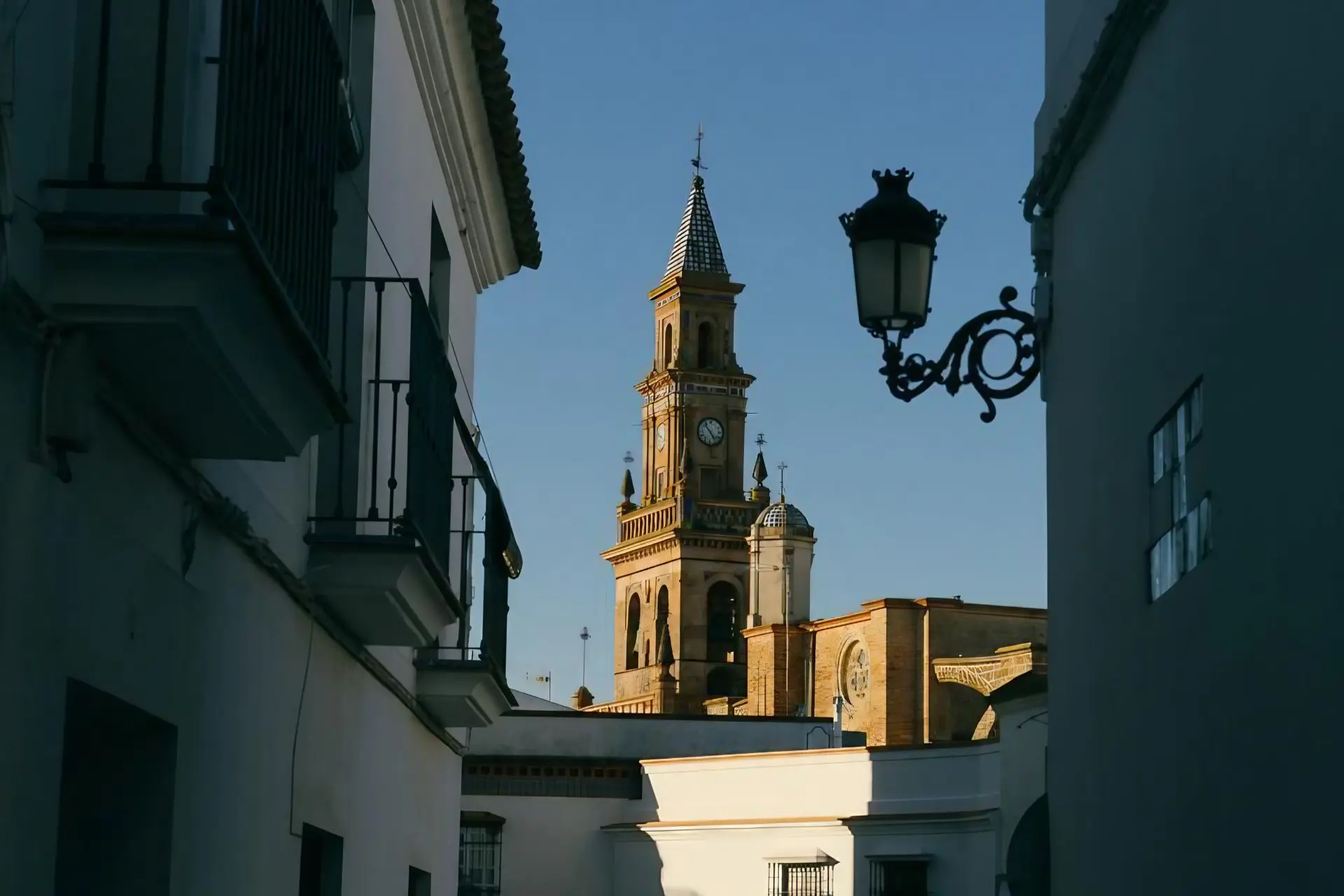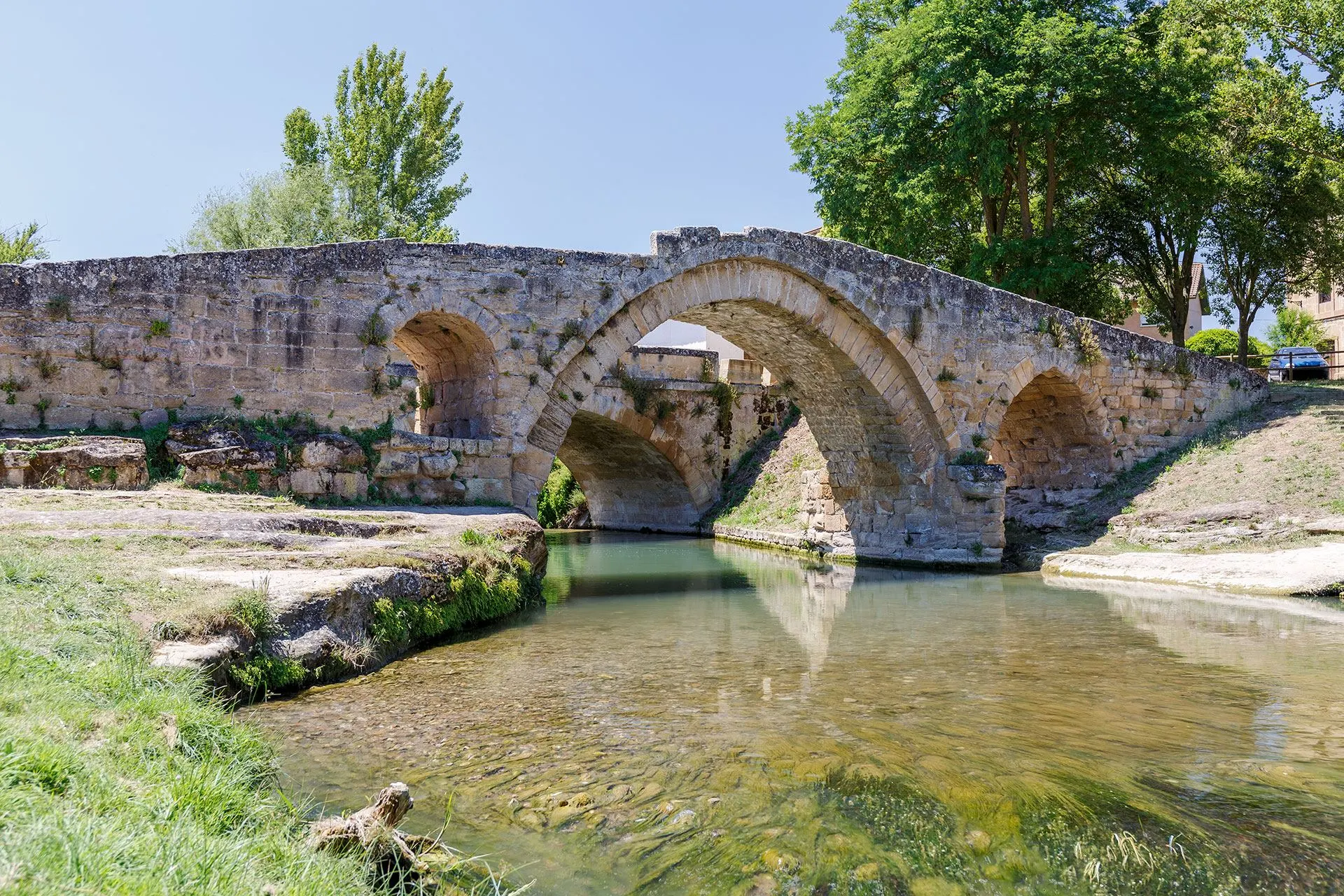On International Women’s Day (IWD), we celebrate seven Andalucian women who broke the gender barrier, fought for freedom and reached the top of their fields.
Teresa Aspiazu y Paul – first female councillor of Málaga

Teresa Aspiazu y Paul was born in Cádiz in 1862, and became the first female councillor in the province of Málaga.
Teresa was a tireless feminist, fighting for the rights of women and the disadvantaged. Before becoming a councillor, Aspizau y Paul was a teacher at the Normal de Maestras school and eventually became principal—governing the school for more than 13 years. She was also a writer, a lecturer, a columnist and a contributor to several magazines. Not only that, Teresa became only the fourth woman in history to be accepted to the Academy of Sciences.
She died in Málaga in 1949.
Victoria Kent

If you ever wondered why there’s a station on the Málaga to Fuengirola train line named after a woman, this is why.
Victoria Kent was born into in a humble Málaga family in 1891. – New York, 1987) Growing up, Victoria did not go to school, opting instead for her mother to teach her how to read and write at home. Her home-schooling was clearly sufficient as she entered the local teaching school and went on to attend law school in Madrid in 1920.
In 1925, Kent became the first woman to be admitted to the Madrid Bar Association. She also became the first woman to practice law before a military court, and in 1931, became one of the first female deputies in the Cortes for the Radical Socialist Party.
Kent died in New York in 1987.
Ana Carmona Ruiz

Ana Carmona Ruiz was the first female soccer player in Spain. Born in 1908, she learned football watching the English sailors in the port.
Women were not allowed to play football in 1920s Spain, so she hid her hair under a cap, bound her chest and dressed as a male player. Ana played for Sporting Malaga before moving to Vélez Club de Fútbol, where she was nicknamed “Veleta” (Eng: vane) since, according to her teammates “she changed a woman to man and vice versa, like a weather vane”.
Ana died aged only 32 from epidemic typhus in 1940.
María Zambrano

Born in 1904 in Vélez-Málaga, Maria Zambrano was a key transcendental thinker and philosopher in Spain. As a student of philosophy, she studied under the renowned Ortega y Gasset.
After working with Republicans during the Civil War, she was forced into exile when Franco took power. She taught philosophy at the University of San Nicolás de Hidalgo de Morelia, and in 1981, earned the Prince of Asturias Award. María Zambrano was named Doctor Honoris Causa by the University of Malaga, and in 1988, she became the first woman to win the Cervantes Prize.
Mariana de Pineda Muñoz
Born on the 1st of September, 1804, in Granada, Pineda Muñoz was a freedom fighter. In October 1819, a fifteen-year-old Mariana married Manuel Peralta Valte, a liberal army officer eleven years her senior. Five months later she gave birth to a son, José María, and the following year to a daughter, Úrsula Maria. In August 1822, her husband died, leaving her an eighteen-year-old widow with two young children.
Her three years of her marriage coincided with the Trienio Liberal, and Mariana joined the liberal cause. After the restoration of absolutism under Fernando VII in 1823, she welcomed persecuted liberals into her home.
In 1828 Mariana assisted her cousin, Captain Fernando Álvarez de Sotomayor, escape from prison by sneaking friar’s robes to disguise him. Fernando was a noted liberal who had been condemned to death for taking part in General Rafael Riego’s insurrection.
In a search of her house in 1831, a flag was discovered with the embroidered slogan “Equality, Freedom and Law” and Mariana was arrested and accused of conspiracy. During the trial, the judge tried to persuade Mariana to betray her accomplices in exchange for leniency, but she refused. Mariana was publicly executed by the garrote on May 26, aged just 27. Her flag was burned in front of her.
Pepa “Marisol” Flores
Considered one of the the most legendary actresses in Spanish cinema, Pepa Flores was an icon in the 1960s. She started in show business when she was only 12 years old, appearing in the movie A Ray of Light (1960), which earned her a children’s acting performance award at the Venice Film Festival that same year.
As a child, Pepa shot 12 films. In 1985, she officially changed her stage name to Pepa Flores and added singing to her list of accomplishments. She recorded 500+ songs in Italian, Portuguese, French, English, German and Japanese during her lifetime before retiring to her hometown of Málaga in 1986.
In 2020, Pepa Flores received the greatest honour in Spanish cinema – the Goya Honour of the Academy of Film.
Carmen de Burgos y Seguí
 Born on 19th of December, 1867 in Níjar (Almería), Carmen was an activist, writer, translator and a defender of woman’s rights.
Born on 19th of December, 1867 in Níjar (Almería), Carmen was an activist, writer, translator and a defender of woman’s rights.
Having married an alcoholic, whom she left after 17 years of marriage, Burgos qualified as a teacher before turning to writing to make her living. Burgos was nominally creating a number of novels for the “weekly novel” market popular at the start of the twentieth century.
Unlike many others, Burgos’s novels dealt with legal and political themes and taboo subjects such as male and female homosexuality and transvestism. She also highlighted the dual values that blamed women who were adulterers whereas men’s involvement was forgiven.
Considered the first female professional journalist in Spain, de Burgos u Seguí worked as an editor in a newspaper of Madrid (Diario Universal) in 1906. She died in Madrid in 1932.
During Franco’s dictatorship, Burgos was written out of the history books. With the restoration of democracy, Burgos was again recognised and reinstated into the history of women’s rights in Spain.
Discover more of Andalucia’s fascinating history with a Toma & Coe tour.


